Did you know small dog breeds are highly preferred for their compact size, which makes them ideal for most households with minimal upkeep?
However, minimal upkeep does not mean you can let them be on their own. Small breeds require more or less the same care and attention as big dog breeds.
Some popular smallest dog breeds like Chihuahua, Toy American Eskimo Dog, Japanese Chin, Pomeranian, and Yorkshire Terrier will require regular grooming, ideal high-quality meals and exercise to avoid obesity, regular dental checkups, and socialization.
Here is how you can best treat your small dog breeds.
1. Chihuahua
The Chihuahua is one of the smallest dog breeds, originating from ancient kingdoms in pre-Columbian times. This amusing breed hardly weighs over 2-6 pounds.
- Average Height: 5-8 inches
- Average Weight: 2-6 pounds
- Life Expectancy: 14-16 years
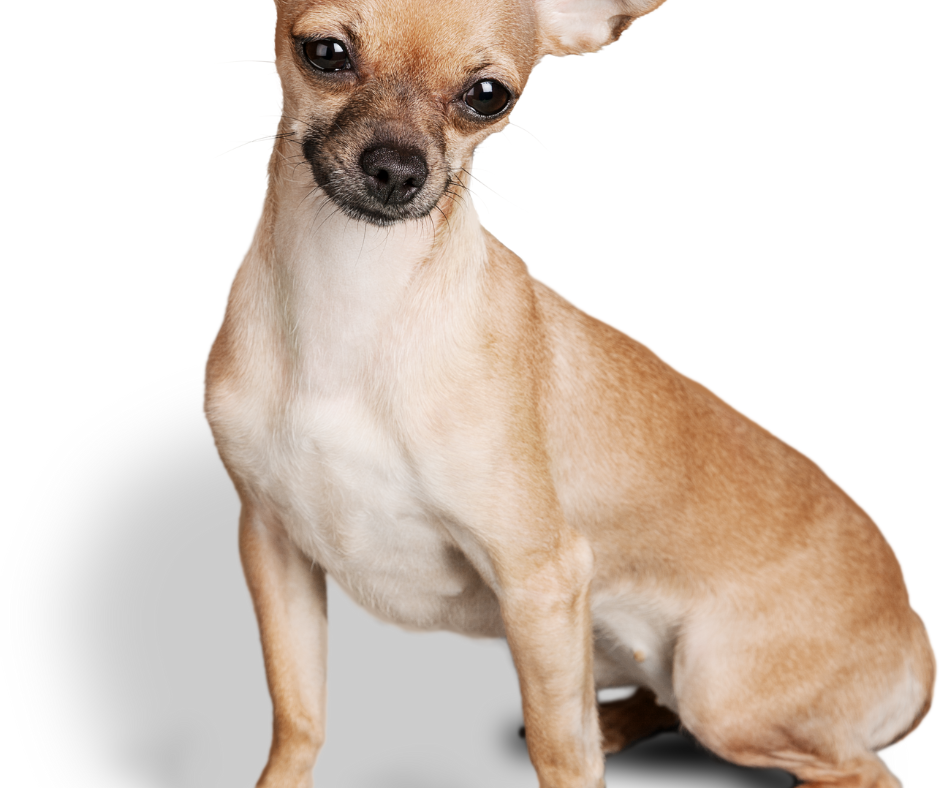
They come in various coat colors and patterns with options for long or short hair.
They are loyal, charming, and possess a confident attitude. The breed can be fiercely loyal to one master, making it a dedicated companion to older owners who live alone.
How to best care for Chihuahua?
- Due to their small size, they can be fragile, so gentle handling is essential.
- Regular exercise and mental stimulation are also vital for their well-being.
- Feed high-quality, small breed-specific dog food.
- Avoid overfeeding, as they are prone to obesity. Provide in small quantities 3-4 times a day.
- They have short coats that require minimal grooming. Brush them weekly to keep their coat in good condition.
- They are sensitive to cold weather, so provide warm clothing and heated beds or blankets during winter.
- Protect them from heat, as they can easily overheat. Avoid excessive outdoor activities during hot weather.
2. Toy American Eskimo Dog
The toy American Eskimo dog is a stunning and intelligent breed known for its beauty and quick thinking.
- Average Height: 9-12 inches
- Average Weight: 6-10 pounds
- Life Expectancy: 13-15 years
With a friendly and alert nature, they can be a bit reserved when meeting new people.
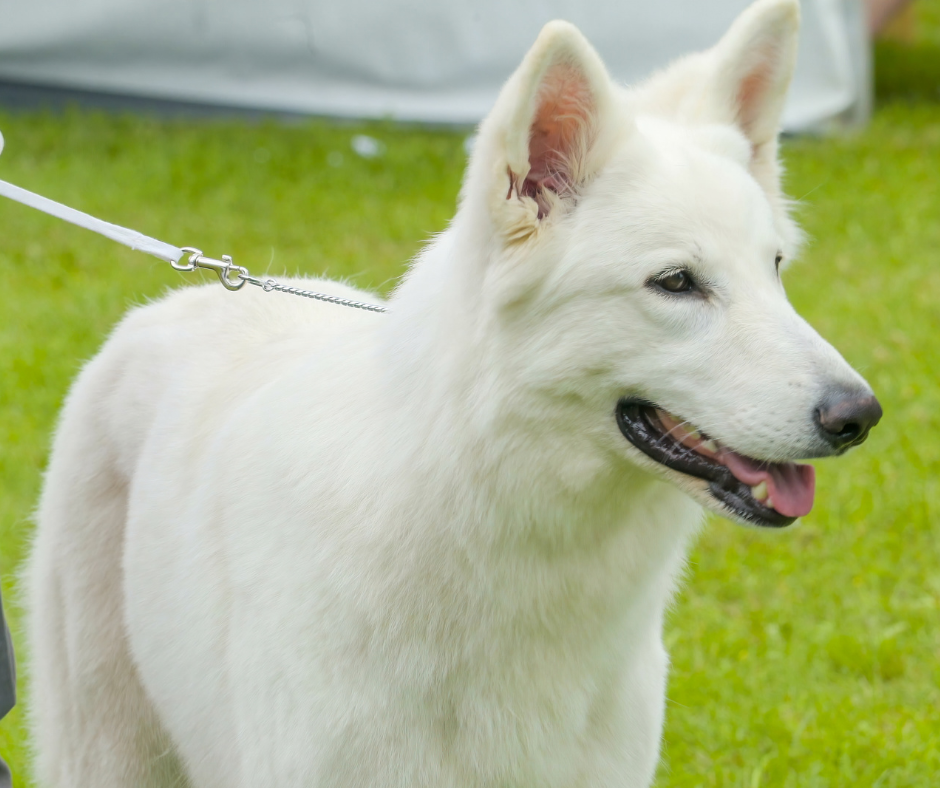
They are lively and energetic despite their small size, with a striking white coat, a lion-like ruff, and a plumed tail. So, proper care is crucial to ensure their well-being.
How to best care for Toy American Eskimo Dog?
- They require exercise and mental stimulation and should not be left alone for long periods.
- They must be regularly groomed to control shedding and maintain a clean coat.
- They are prone to dental issues, so regular teeth brushing and dental check-ups are crucial.
- Monitor their weight and adjust their diet as needed, especially as they age.
- Engage them in interactive play sessions and short walks. Puzzle toys can also provide mental stimulation.
- Supervise them around children and other pets, as they might be wary of strangers.
3. Japanese Chin
The Japanese chin is a charming toy companion known for its aristocratic appearance and feline-like characteristics.
With a silky coat and graceful demeanor, this lapdog is quiet and particular. They are fairly active and enjoy slow walks or exploring a secure backyard.
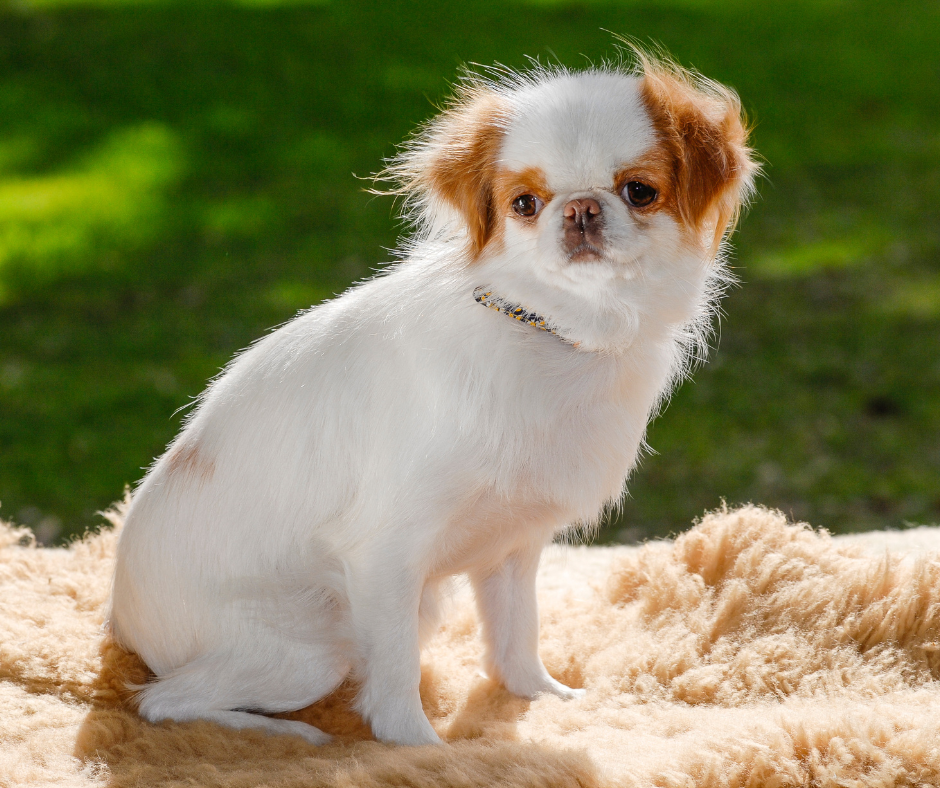
- Average Height: 8-11 inches
- Average Weight: 7-11 pounds
- Life Expectancy: 10-12 years
These dogs make delightful companions; proper care is essential to ensure their well-being and happiness.
How to best care for Japanese Chin?
- The Japanese chin loves to learn new tricks and entertain their family, so it is vital to keep training positive and enjoyable.
- They require regular brushing and monthly baths to keep their coat in top condition.
- Brush their teeth regularly and provide dental treats or toys to promote oral health.
- Monitor their weight and adjust their diet as needed, especially as they age and become less active.
- Pay attention to their ears, eyes, and facial wrinkles. Clean these areas gently and regularly to prevent infections.
- Provide them with warmth in cold weather and protect them from heatstroke in hot weather.
4. Pomeranian
The Pomeranian is a lively and inquisitive breed. With its majestic coat, foxy face, and spirited personality, it is no wonder this tiny dog is a favorite toy breed worldwide.
They are alert, intelligent, and easily trainable, making them excellent watchdogs and family pets. In fact, they adapt to the city and quiet life and enjoy playing and short walks.
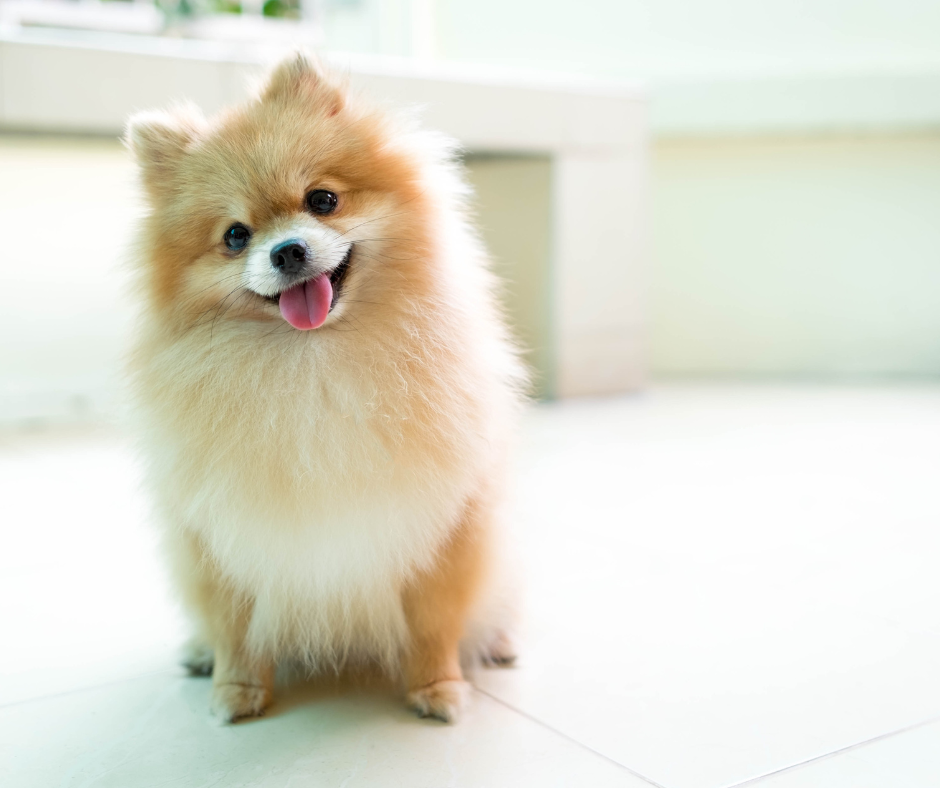
- Average Height: 6-7 inches
- Average Weight: 3-7 pounds
- Life Expectancy: 12-16 years
Here's a guide on how to care for your Pomeranian.
How to best care for Pomeranian?
- They have a thick double coat that requires regular brushing.
- They are active and intelligent, so they need regular exercise and mental stimulation.
- Dental care is crucial due to their small size and susceptibility to dental issues.
- Avoid feeding them human food, especially those toxic to dogs, like chocolate and grapes.
- Socialize them early with various people, pets, and environments to prevent fearfulness or aggression.
- Pomeranians are social dogs and thrive on human companionship. Spend quality time with them to build a strong bond.
5. Yorkshire Terrier (Yorkie)
The Yorkshire terrier may be small and elegant, but it has the spirit of a feisty terrier.
Originally bred as ratters, these compact toy-size dogs now flaunt long, silky coats. But do not be fooled by their daintiness; Yorkies are tenacious, brave, and bossy.
- Average Height: 7-8 inches
- Average Weight: 7 pounds
- Life Expectancy: 11-15 years
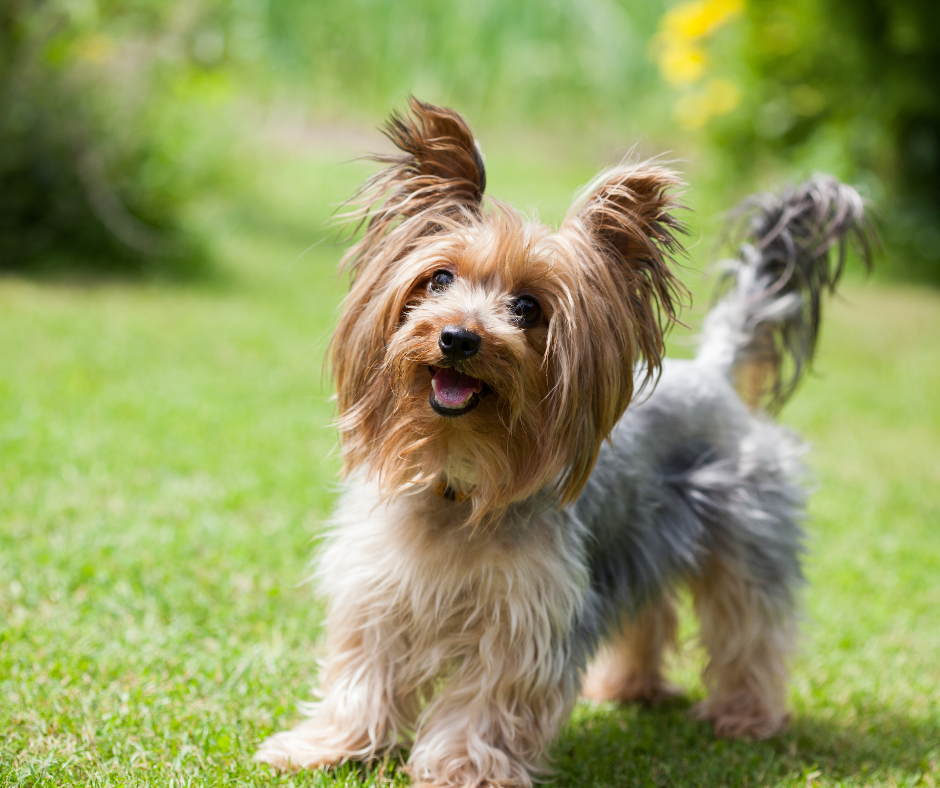
They make popular companions for city dwellers and are excellent watchdogs.
They are intelligent, eager to please, and respond well to positive training and socialization.
How to best care for Yorkshire Terrier?
- Yorkies are prone to dental issues, so brush their teeth regularly and provide dental treats or toys.
- They have long, silky coats that require daily brushing to prevent mats and tangles.
- Trim their nails regularly and check their ears for signs of infection.
- Provide mental stimulation through interactive toys, puzzle feeders, and obedience training. Yorkies are intelligent and enjoy learning new tricks.
- Training and socialization are vital to prevent them from becoming overly protective or yappy.
- Yorkies are social dogs and thrive on human companionship. Spend quality time with them to build a strong bond.
Conclusion
Smallest dogs are particularly well-liked because they fit certain lifestyles, are less expensive to maintain, and require less care.
Remember, each dog is an individual with varying care requirements. Always consult a veterinarian or a professional dog trainer for breed-specific advice and guidance on caring for your small dog.
Understanding their specific needs and catering to their requirements will ensure they lead a happy and healthy life as a cherished family member.
Contact Urban Pet Hospital & Resort, the best doggy daycare in Urbandale, to learn more.